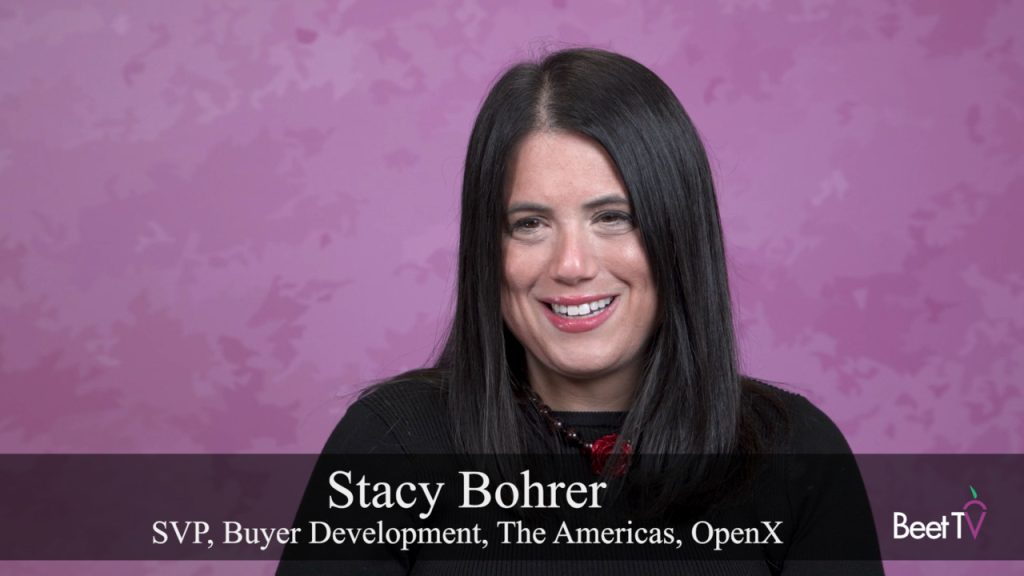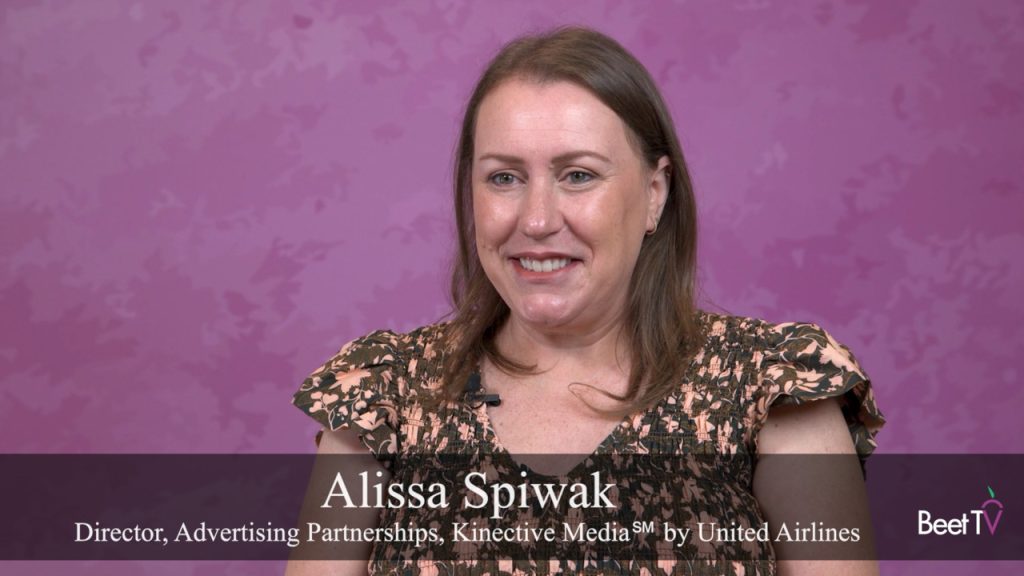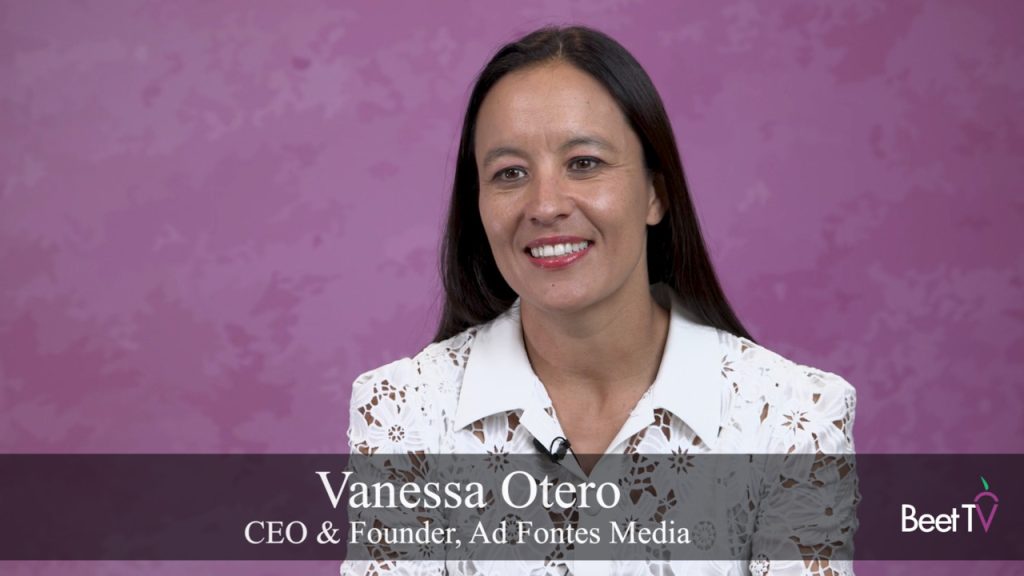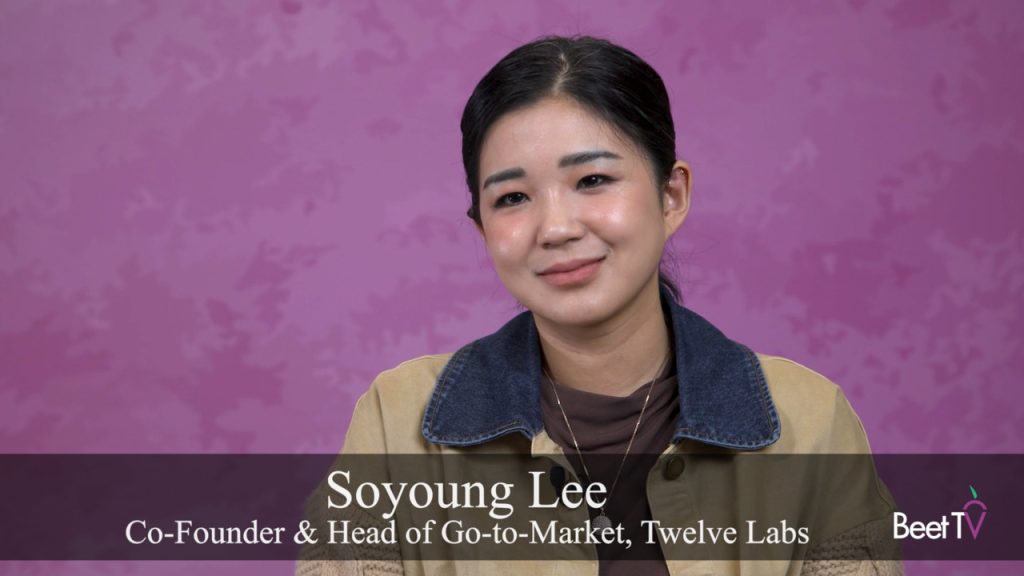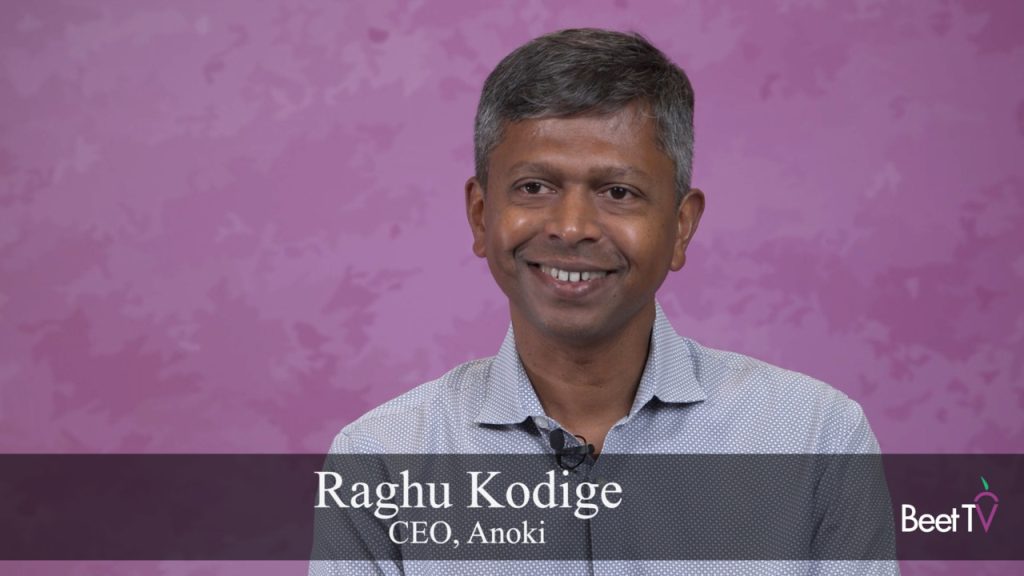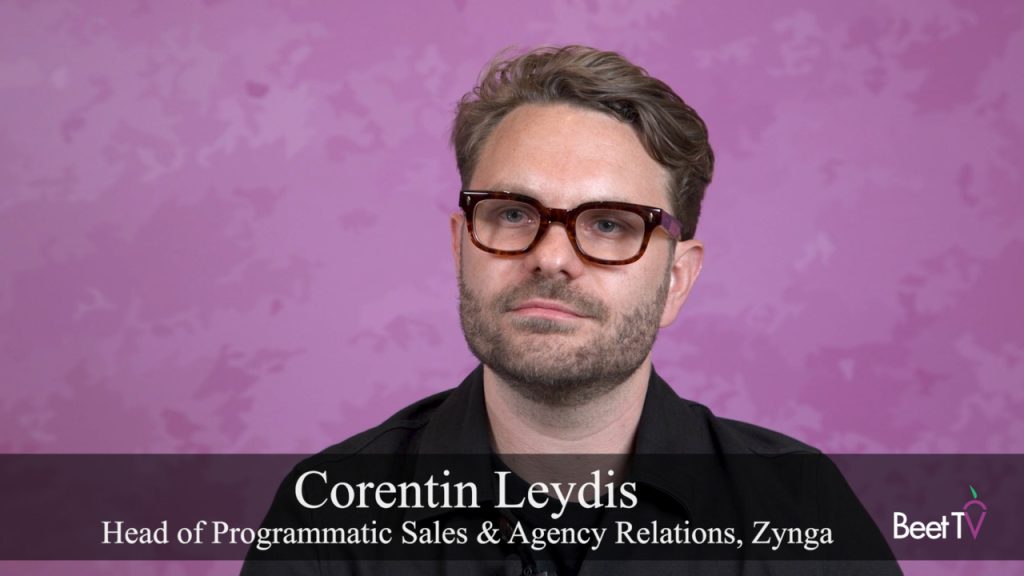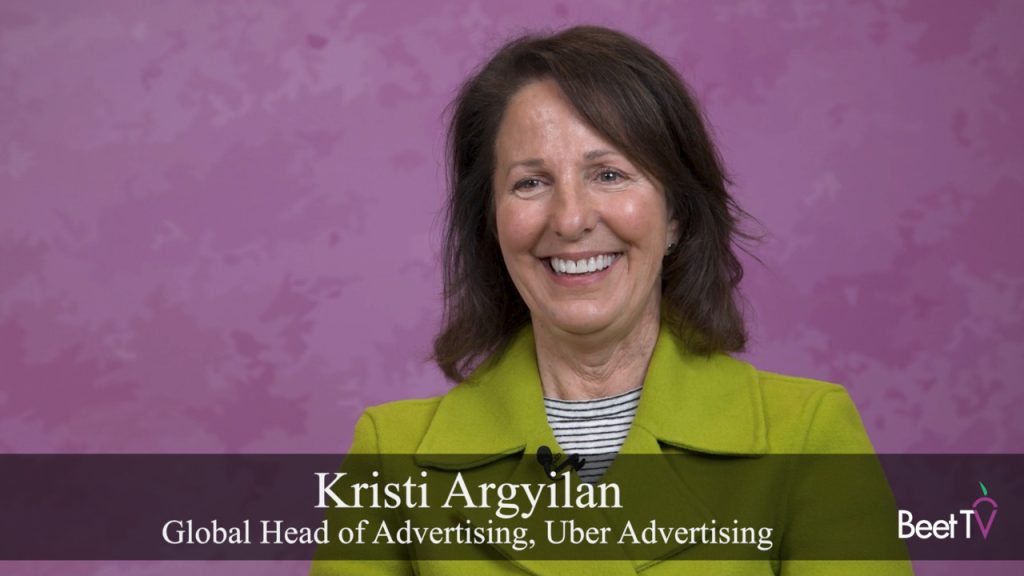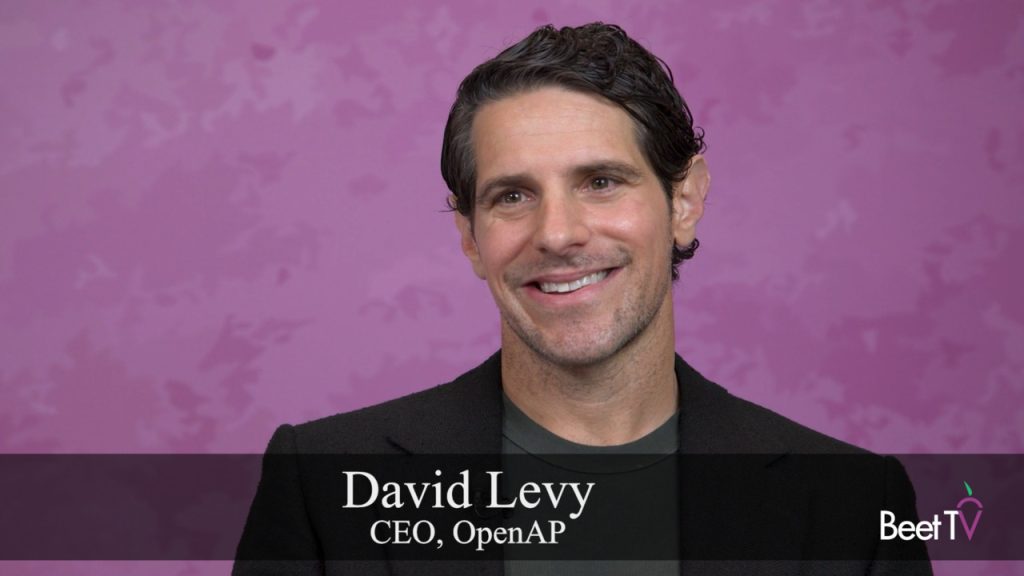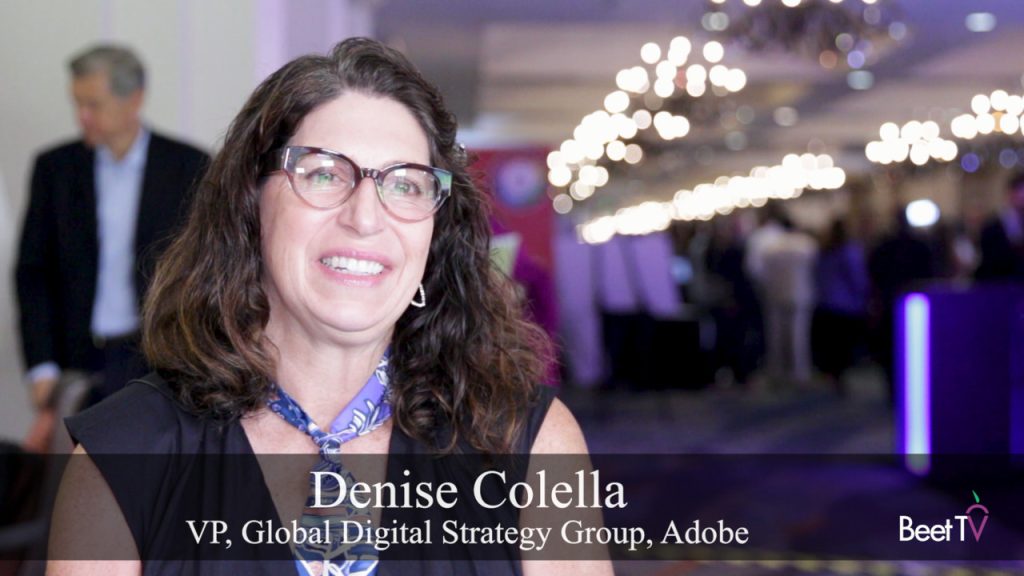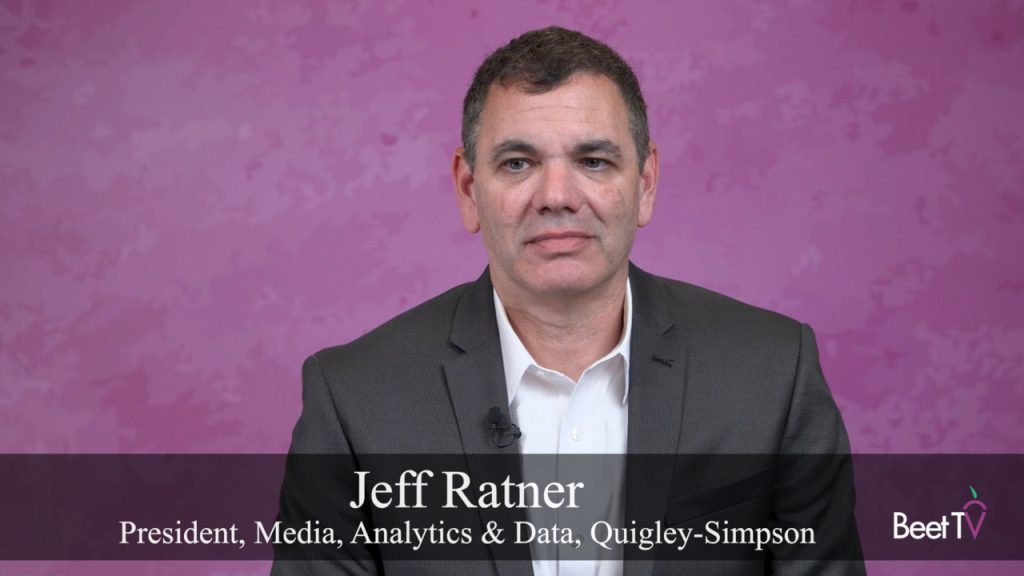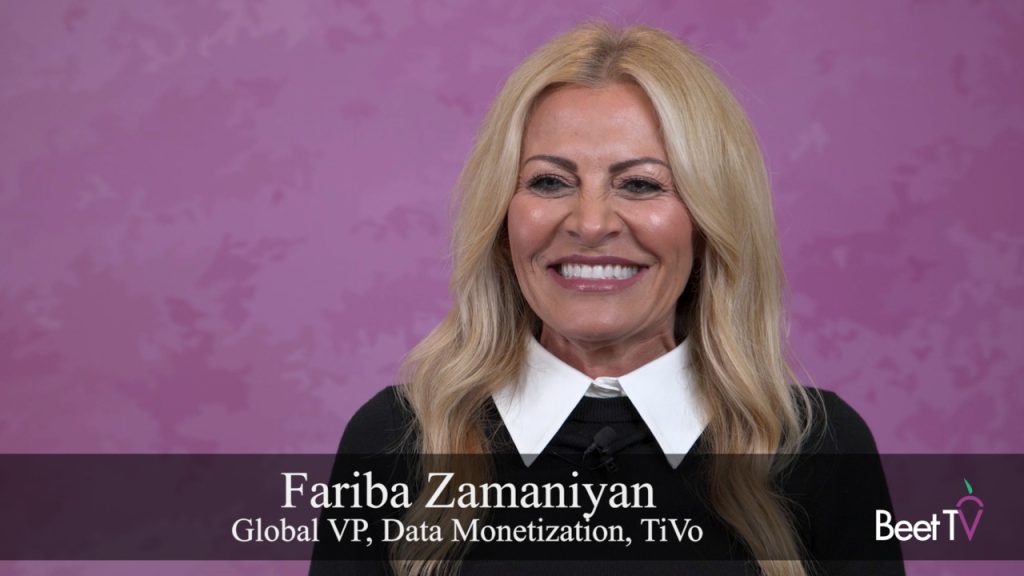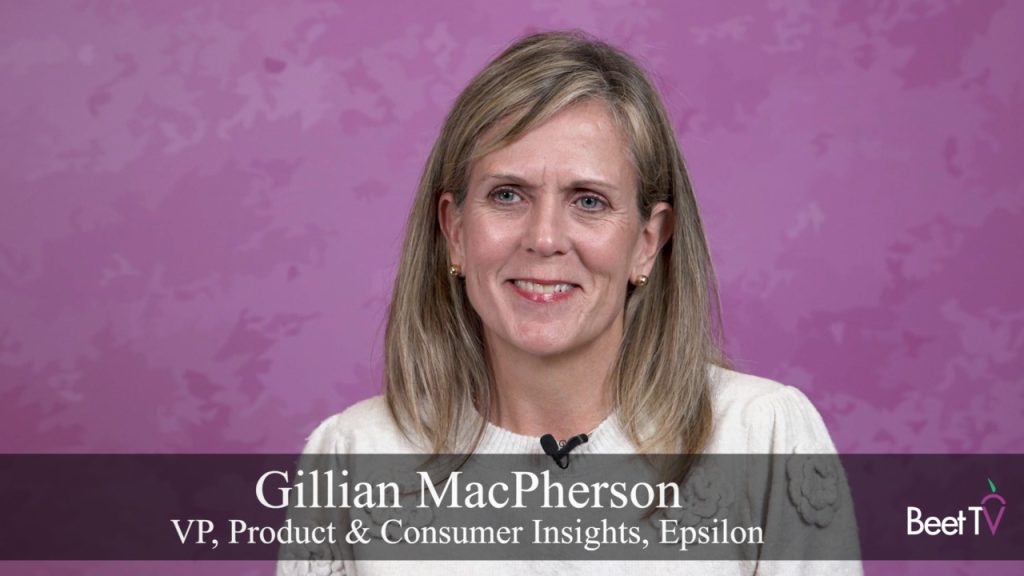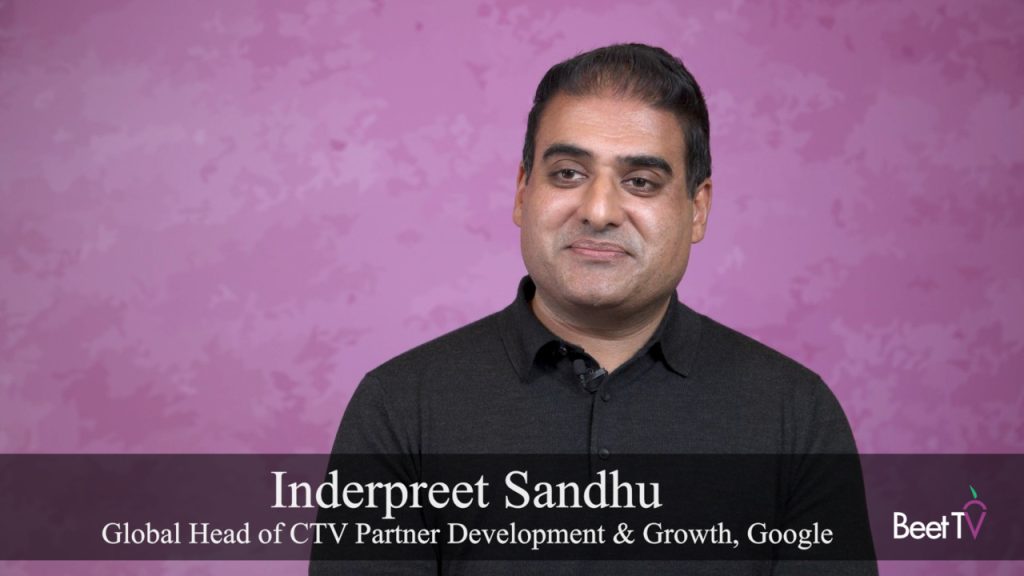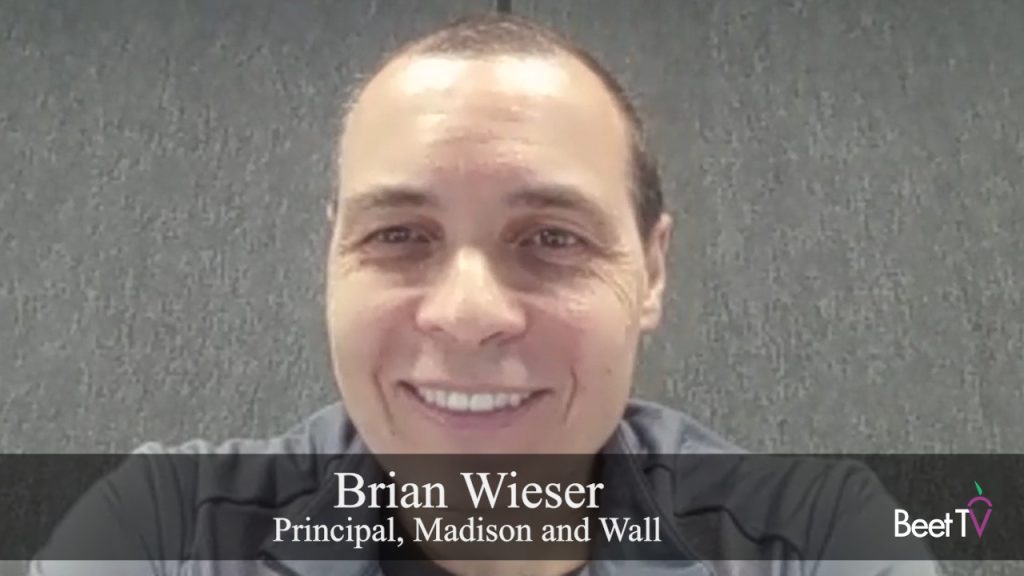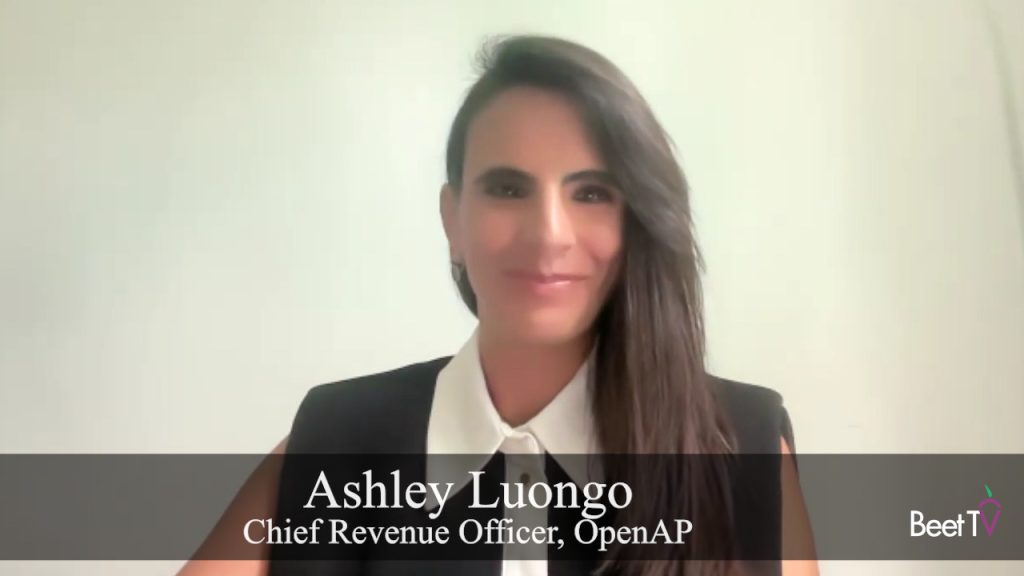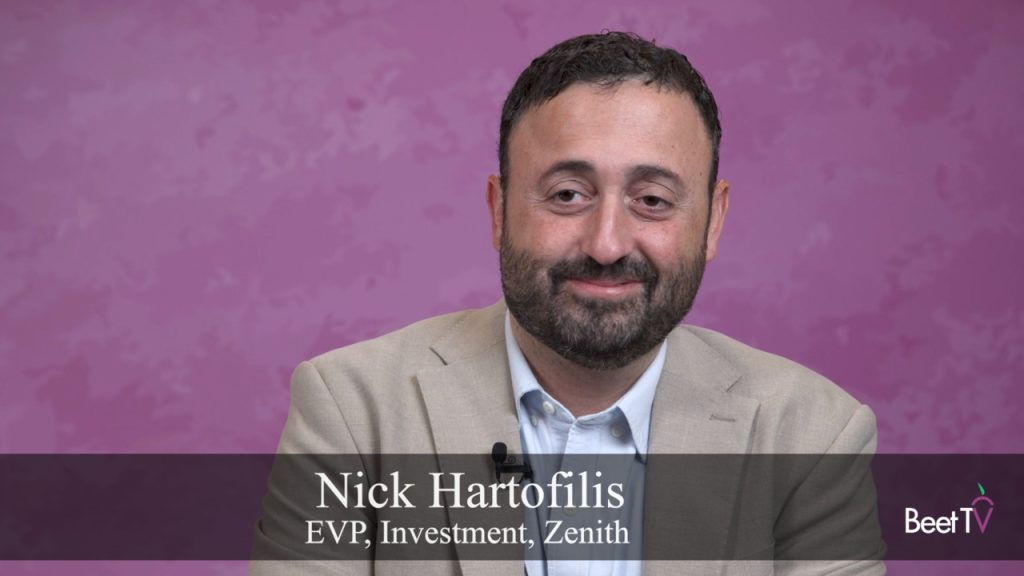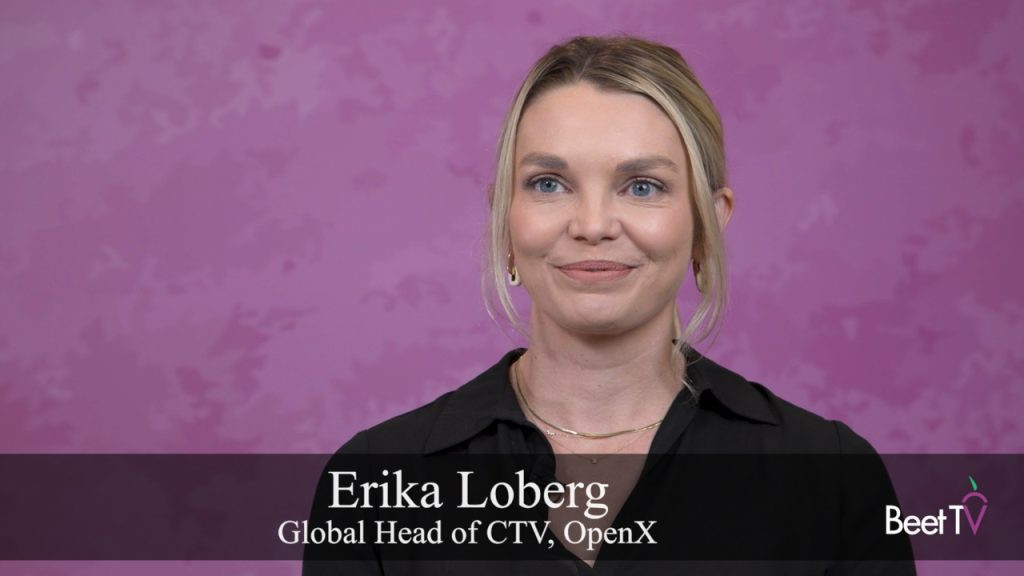Although the term programmatic is often thought of as merely automation via digital plumbing, “We believe there’s a lot of strategy in programmatic,” particularly for political advertising campaigns, says Erik Requidan of Intermarkets and The Drudge Report.
Requidan and other specialists will share their insights on the advertising campaign trail at Election 2016: The Future of Political Advertising Is Now, a Beet.TV leadership summit scheduled for Sept. 7 in Washington, D.C. and presented by OpenX.
“Our job and mission is to help understand paths to find those opportunities,” Requidan, who is VP of Sales & Programmatic Strategy at Intermarkets, says in an interview with Beet.TV. “Some of it is audience-based, some is finding high-impact or large canvasses that maybe some other publishers won’t release into the space.”
In July, Matt Drudge, publisher of drudgereport.com, moved from third place to second among U.S. publishers and publications, according to data from SimilarWeb, with 1.472 billion page views. Intermarkets says Drudge Report reaches nearly 3 million people each day, with 20 million uniques and 90% direct site-navigated traffic versus the industry average of 40%.
According to Requidan, publishers that have traditionally segmented their premium and non-premium ad inventory are missing high-value opportunities that can be captured with better header integration. “Our header integrations are a way to create a unified view of our inventory for our buy-side partners to understand,” says Requidan. “The way a lot of publishers had structured themselves was to say, ‘Premium goes this way and non premium goes that way.’ The reality is there is a lot of lost opportunity there.”
The result is a better way to bring traditional premium deals “and to automate and really understand that those high value opportunities exist on almost every single transaction,” Requidan says.
Intermarkets sees political advertisers as having very specific goals but no different in their needs to buy premium automated opportunities and use data just like marketers of any particular stripe.
“Our job and mission is to help buyers understand paths to find those opportunities,” Requidan says.
“There’s a lot of other sites that want to manage the political process and capitalize on premiums by creating very aggressive pricing and control a lot of the executions in very specific ways,” says Requidan. “The way political buyers want to buy is no different from a brand advertiser and no different from anybody else who wants to be able to find what they want to find, run their data sets against it and pay you a premium.”
Among the scheduled speakers at next week’s summit are:
Matthew Dybwad, Head of Politics & Public Affairs, TubeMogul
Mark Failla, Director, Political Ad Sales, D2 (AT&T/DISH joint venture)
Mark Jablonowski, Chief Technology Officer, DSPolitical
Jordan Lieberman, Politics and Public Affairs Lead, Audience Partners
Zac Moffatt, Co-Founder, Targeted
Victory Susan Parker, VP, Digital Revenue & Analytics, Hearst
Andy Plesser, Executive Producer, Beet.TV
Matt Prohaska, CEO & Principal, Prohaska Consulting
Jeff Sutton, Vice President of Audience Targeting, Programmatic and Data Strategies, Advance Local
Jason Tollestrup, Director, Programmatic Advertising & Business Intelligence, The Washington Post
Julie Van Ullen, VP Business Development, OpenX
Randon White, Head of Programmatic, Politico


























